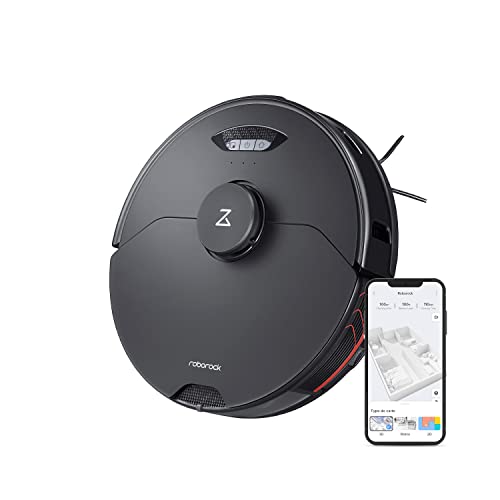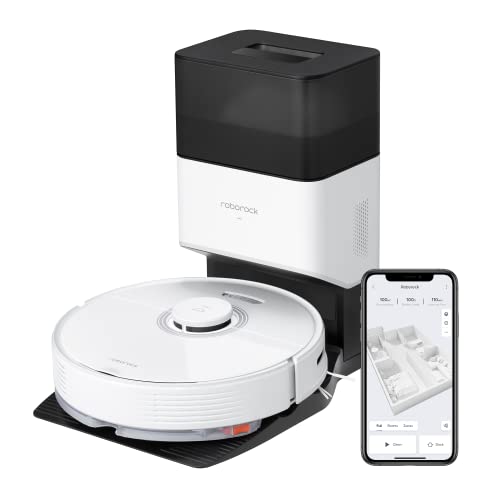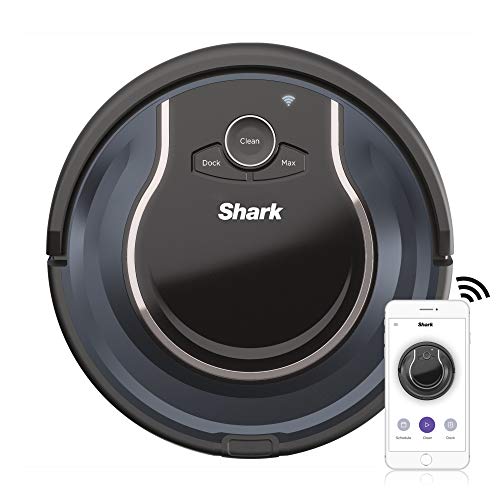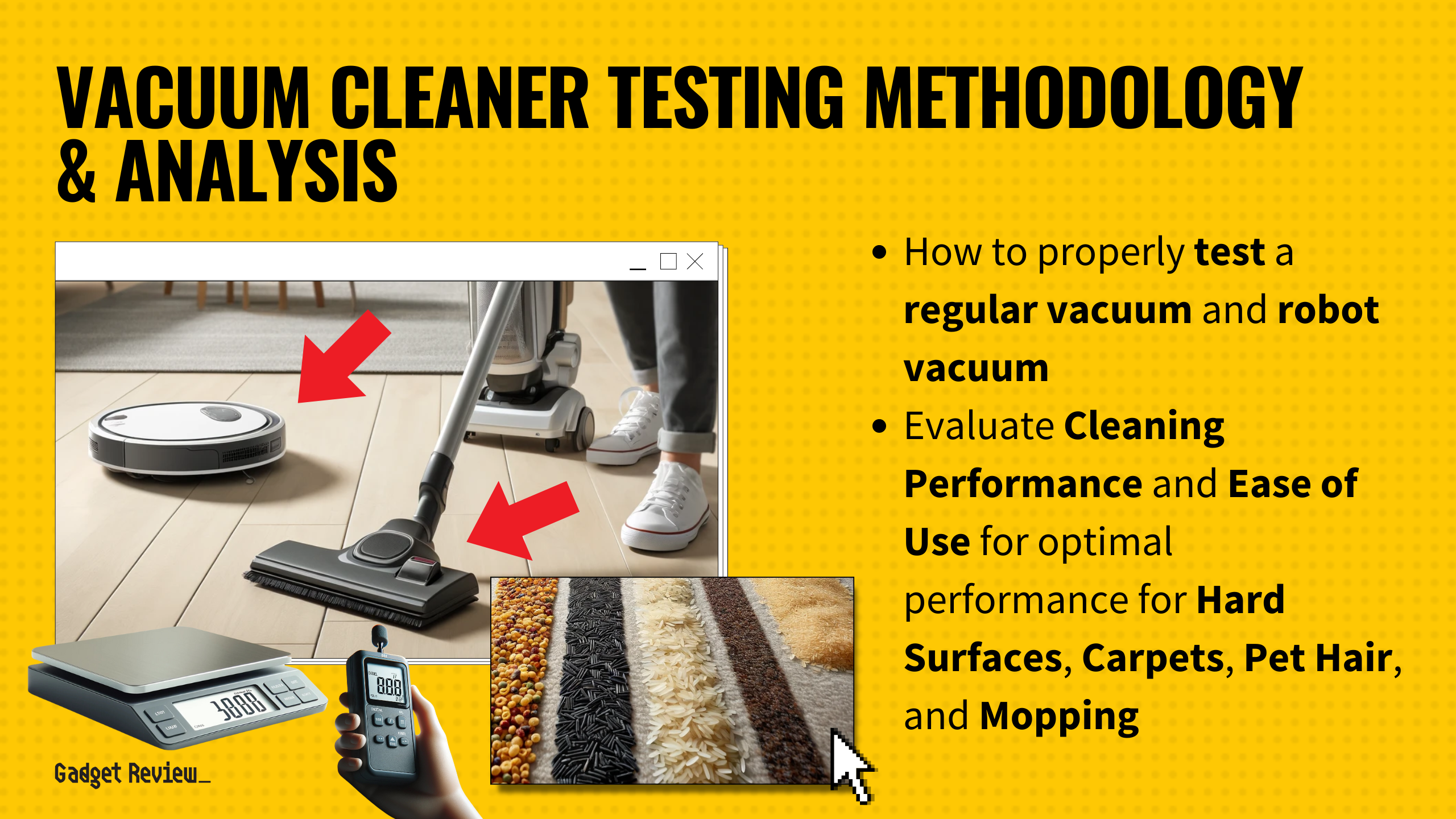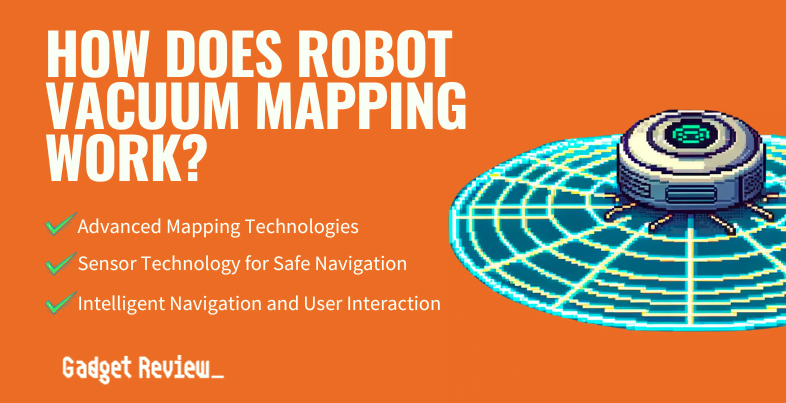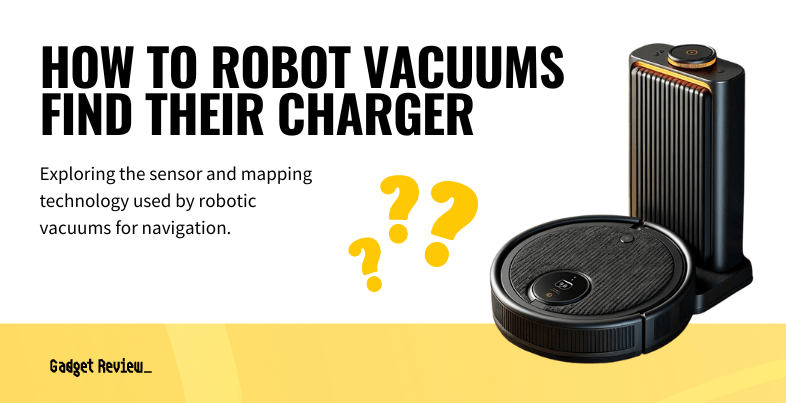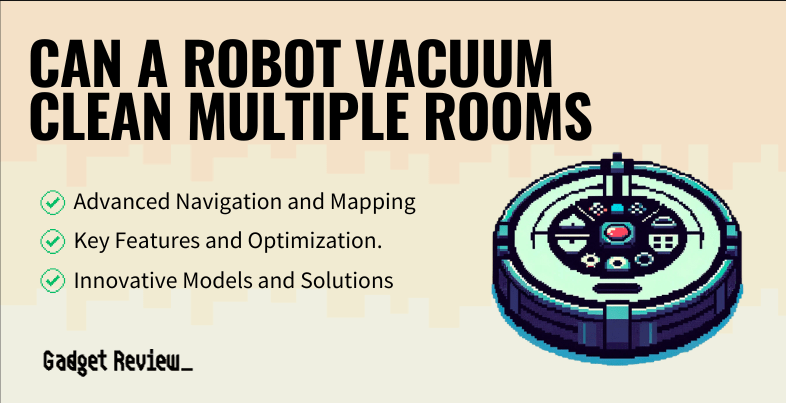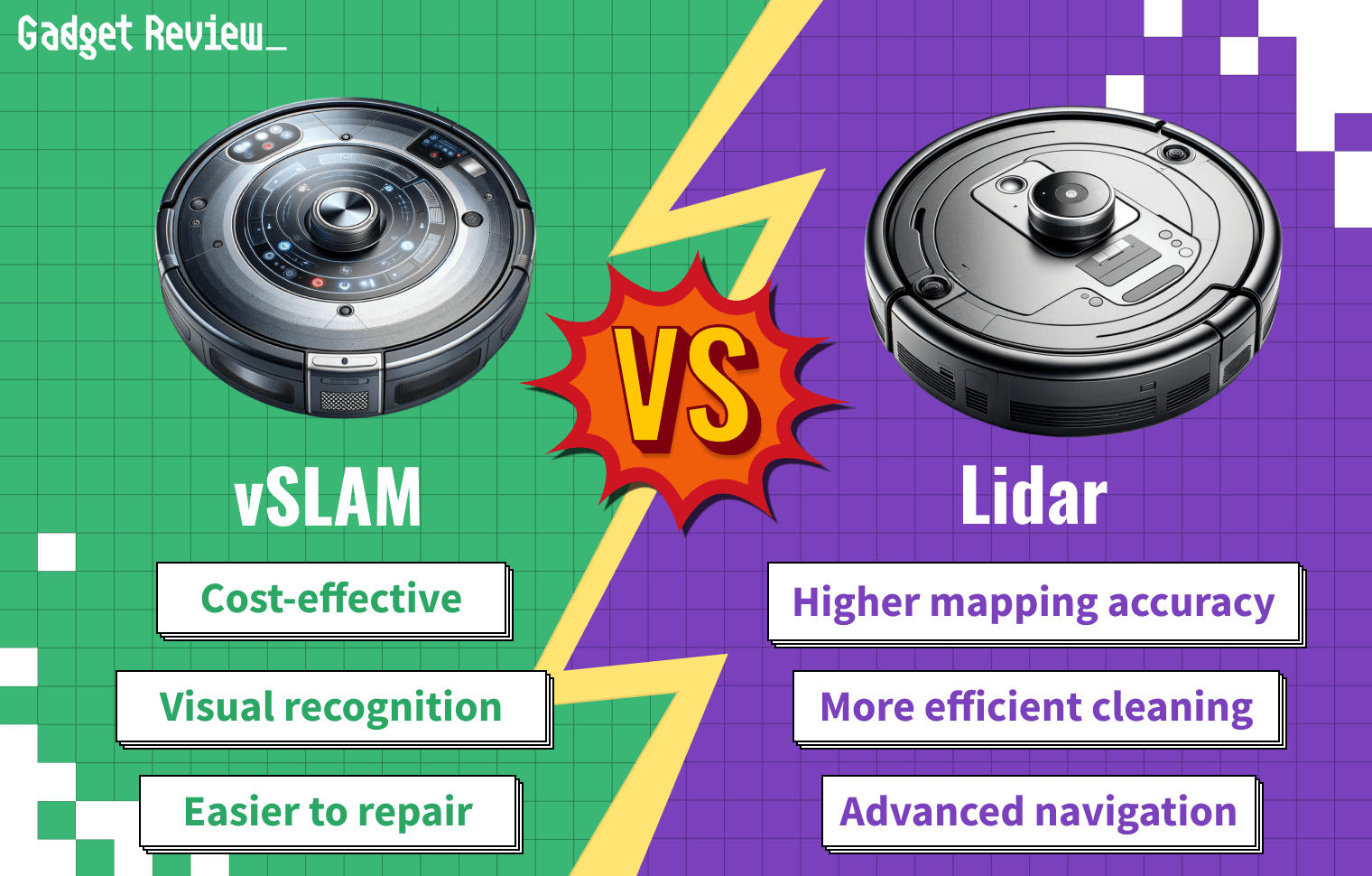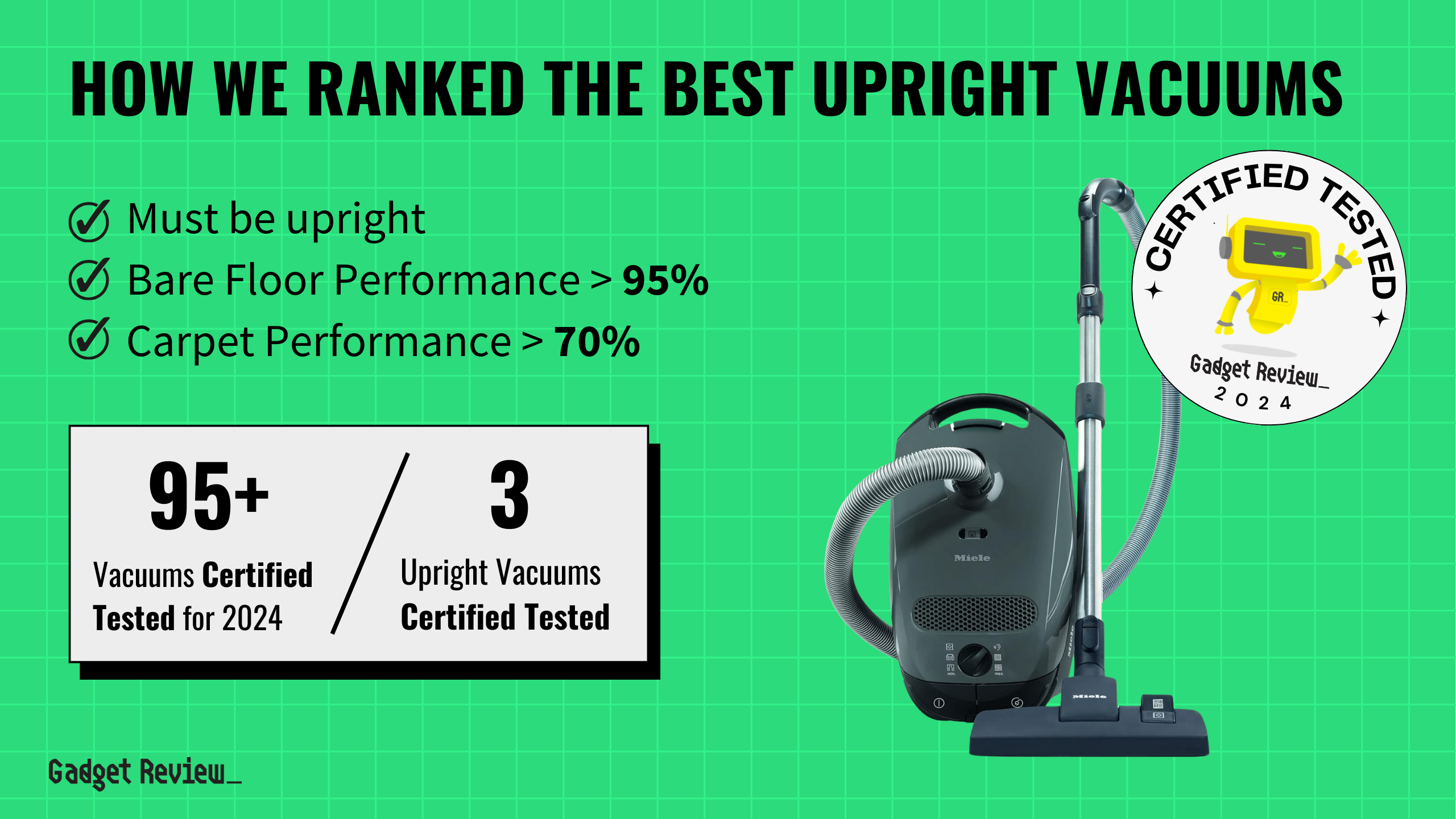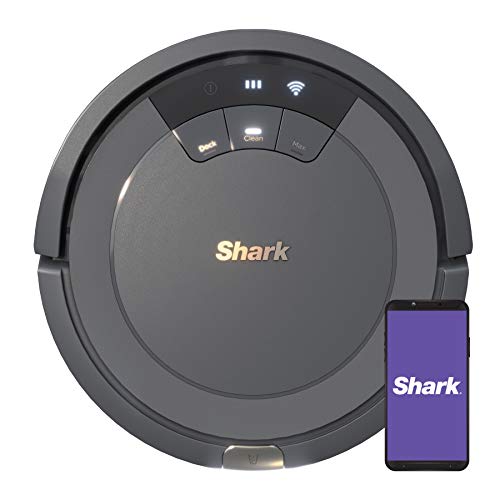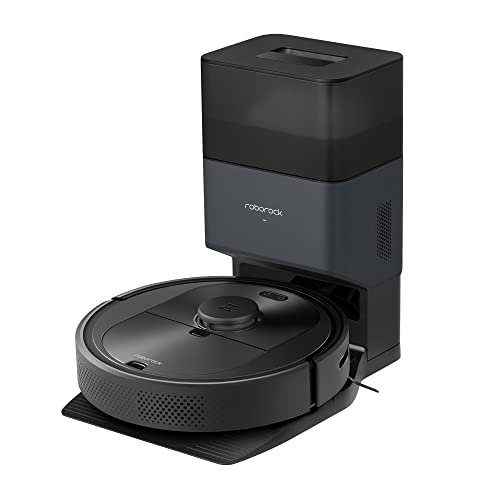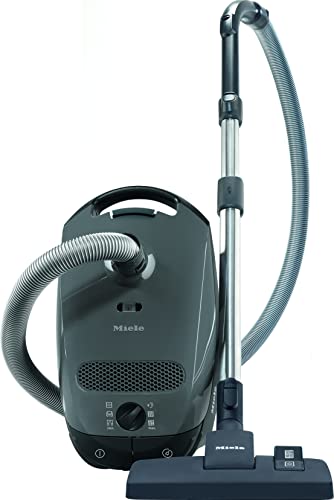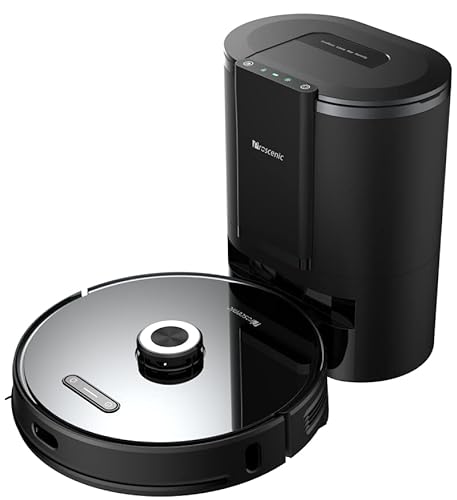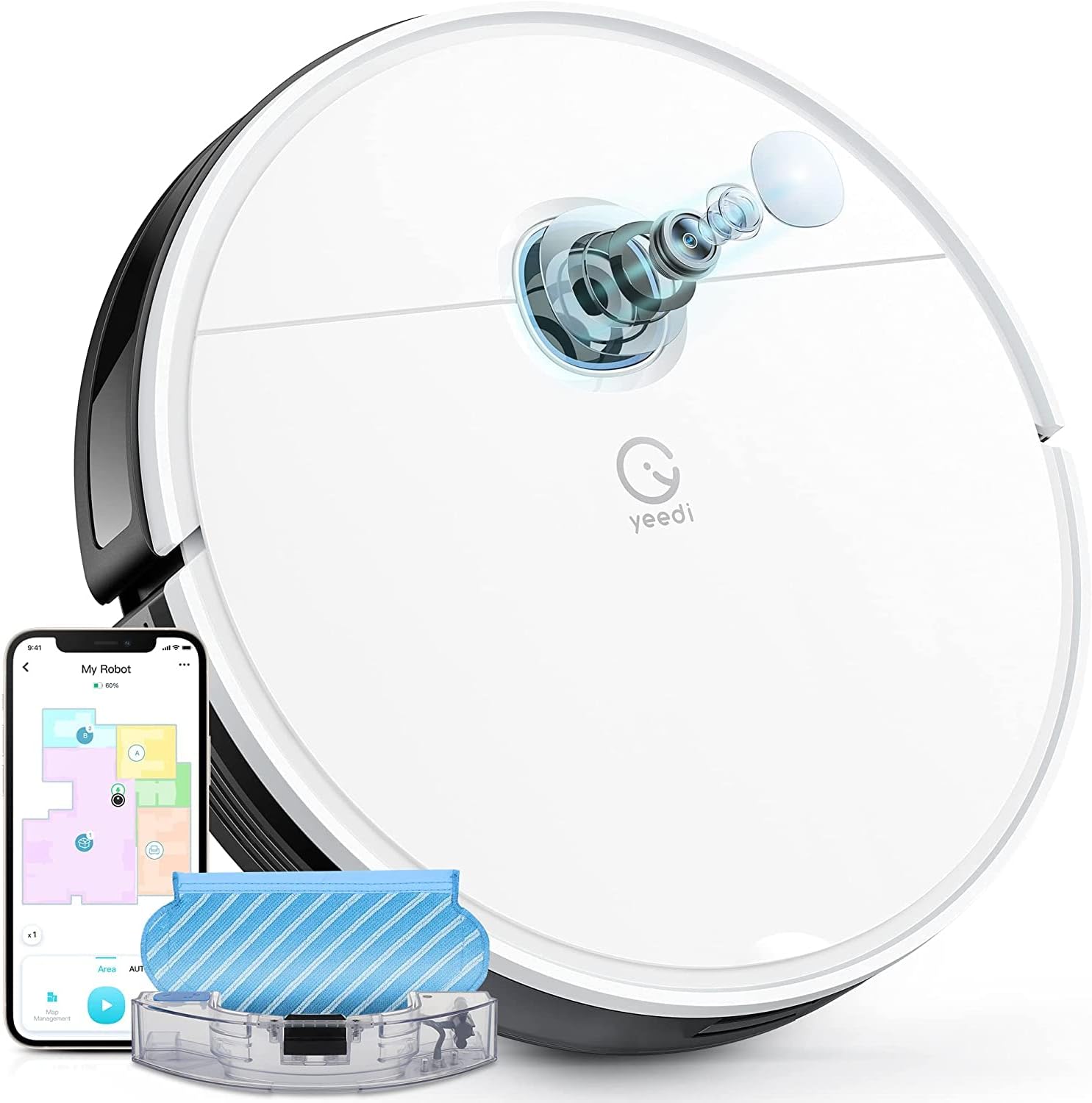Choosing the best robot vacuum for vinyl plank floors means finding a model that combines effective cleaning with gentle care to avoid scratches. Out of 99 models evaluated, only three made it to our buying guide. The ideal vacuums feature soft, non-abrasive brush rolls or rubber brushes designed for hard floors and adjustable suction settings to ensure thorough cleaning without damage.
We analyzed 155,653 reviews and filtered out fake and low-quality ones using our proprietary scientifically proven Trust Rating. We use certified testing to ensure accurate recommendations. These winning vacuums excelled in cleaning performance, navigation, and maintenance efficiency, making them the top choices for maintaining your vinyl plank floors.
How Did We Rank the Best Robot Vacuums for Vinyl Plank Floors?
To create our guide on the best robot vacuums for vinyl plank floors, we analyzed over 200 sites. Our methodology included examining testing methods, scrutinizing customer reviews, and interpreting expert opinions. We identified key criteria, focusing on 2 required test results and 1 must-have specification. This comprehensive analysis allowed us to pinpoint critical pain points and deliver the most accurate product scores, ensuring you choose the best vacuum for your vinyl floors.
Our commitment to unbiased reviews is powered by our ‘Trust Rating’ system, targeting low quality and fake reviews. When you shop through our links, you’re backing our mission. Dive deeper to see how.
?️ Minimum Specifications
- Must work on hardwood floors
? Test Criteria
- Bare Floor Performance: The vacuum sucks up 90% of debris when cleaning bare surfaces such as tile, vinyl planks, and hardwood floors.
- Carpet Performance: The vacuum sucks up 60% of debris when cleaning carpets, including low pile and high pile.
Latest Updates
- 06/20/2024: Published the list of best robot vacuum cleaners for vinyl plank floors based on our Trust Rating system.
Top Best Robot Vacuums for Vinyl Plank Floors For 2025
Prices accurate at the time of publishing
Which Criteria Matters for Testing Best Robot Vacuums for Vinyl Plank Floors?
By focusing on these criteria (2 required), anyone can quickly and easily compare these vacuum cleaners and how they’ll perform. This helps you make an informed decision and purchase a vacuum cleaner that will meet your needs.
| CRITERIA | RANGE | REQUIRED | DEFINITION |
|---|---|---|---|
| Bare Floor Performance | > 90% | Yes | How much debris the vacuum sucks up when cleaning bare surfaces like tile, vinyl planks, and hardwood floors. |
| Carpet Performance | > 60% | Yes | How much debris the vacuum sucks up when cleaning carpets, including low pile and high pile. |
Our Trusted Data Sources
We looked at 120+ robot vacuum cleaner reviewers and found that 27 are trustworthy (60%+ Trust Rating). The three we have listed below are our most trusted for vacuum cleaner.
- James Morris – Kit Guru, LinkedIn
- Matt Spencer – TechGearLab, LinkedIn
- Brian Nadel – Tom’s Guide, MuckRack
Interested in a comprehensive analysis of our data sources? We’ve got you covered. Below, you’ll find a detailed list of every vacuum cleaner review website we’ve identified, organized by their respective Trust Ratings from highest to lowest. But we didn’t stop there. We’ve meticulously reviewed each publication and verified the data by checking whether the authors have bio links to MuckRack or LinkedIn. We’re committed to not only checking the facts but ensuring their veracity.
Vacuum Cleaner Test Data & Results
1. Bare Floor Performance Test Results
As the name suggests, bare floor performance references how well a vacuum does when it’s cleaning up tiles, vinyl planks, or hardwood flooring. Debris comes in a variety of sizes of course, and much of the testing revolves around picking up debris that ranges in size from cereal to bits of dirt to sand to a mix of everything above and more.
We recommend that a vacuum be able to pick up at least 95% of debris from a bare floor to ensure you end up with clean floors. Hitting a perfect score is obviously ideal, but the worse a vacuum performs here, the more work you need to do sweeping up or re-vacuuming. Missing debris is frustrating, and can invite pests if you miss bits of food, or annoyance if you step on something barefoot and hurt yourself.
Bare Floor Performance
> 95%
Acceptable range of performance
Definition: How much debris the vacuum sucks up when cleaning bare surfaces like tile, vinyl planks, and hardwood floors.
Units of Measurement: % (percentage)
Tools to Measure: Scale
Why It’s Important:
A vacuum is supposed to clean, so if it can’t pick up most of the debris on a floor, it’s not doing its job.
Bare Floor Performance in % (higher is better; 0 = No Data)
2. Carpet Performance Test Results
Carpet Performance
> 60%
Acceptable range of performance
Definition: How much debris the vacuum sucks up when cleaning carpets, including low pile and high pile.
Units of Measurement: % (percentage)
Tools to Measure: Scale
Why It’s Important:
If you have carpet, how well a vacuum cleans directly impacts how your carpet feels to walk on, and prevents pests from moving in.
Carpet cleaning ability is another important part of how your vacuum performs. Whether you have low-pile, high-pile, or rugs, how effectively a vacuum cleans up the dirt and debris left behind on the carpet is enormously important to keeping your carpet comfortable.
Generally speaking, we recommend a carpet cleaning performance of at least 60%. You might notice this is much lower than bare floors, and that’s because carpet is harder to clean. Short of devoting the time to actually shampoo and dry out a carpet, thoroughly cleaning out a carpet is very difficult, and good vacuums will reach deep between fibers and pull out long-forgotten crumbs.
Carpet Performance in % (higher is better; 0 = No Data)
Best Robot Vacuums for Vinyl Plank Floors: Mistakes To Avoid
- Noise Level: Ignoring noise levels. Always check the noise specifications. A vacuum might be efficient but could produce more noise than you’d prefer. Aim for models that operate under 60-65 dB for a quieter experience.
- Battery Life: Overlooking battery life. A quiet robot vacuum is great, but it needs sufficient battery life to clean your space effectively. Ensure the model you choose balances low noise with long-lasting battery performance to cover your entire floor area.
- Suction Power: Disregarding suction power. Some quiet vacuums might compromise on suction power. Make sure the model you select provides adequate suction to clean your vinyl plank floors thoroughly, even if it’s quiet.
- Navigation: Forgetting about navigation. Poor navigation can lead to repeated bumping into furniture, causing scuffs and marks on vinyl and tile flooring. Choose a vacuum with advanced navigation features to avoid damage and ensure efficient cleaning.
The Best Robot Vacuums for Vinyl Plank Floors Tests Compared
Product |
True Score
|
Bare Floor Performance
|
Carpet Performance
|
Pet Hair Performance
|
Noise Level
|
Battery Life
|
Column 8 |
|---|---|---|---|---|---|---|---|
| 84 |
|
|
|
|
| |
| 79 |
|
|
|
|
| $549.99 $870 $320 |
| 72 |
|
|
|
|
| $199.59 |









